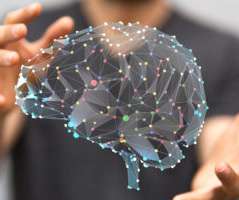NASW Observes Posttraumatic Stress Disorder Month
Social Work Blog
MAY 25, 2022
1 Although PTSD has commonly been associated with the military and veteran populations, it affects people of all ages, communities, gender, and social economic background. Learn a combination of diagnosis and interventionist tools of dissociation to consider when engaged in treatment of populations of color. Military One Source.











Let's personalize your content